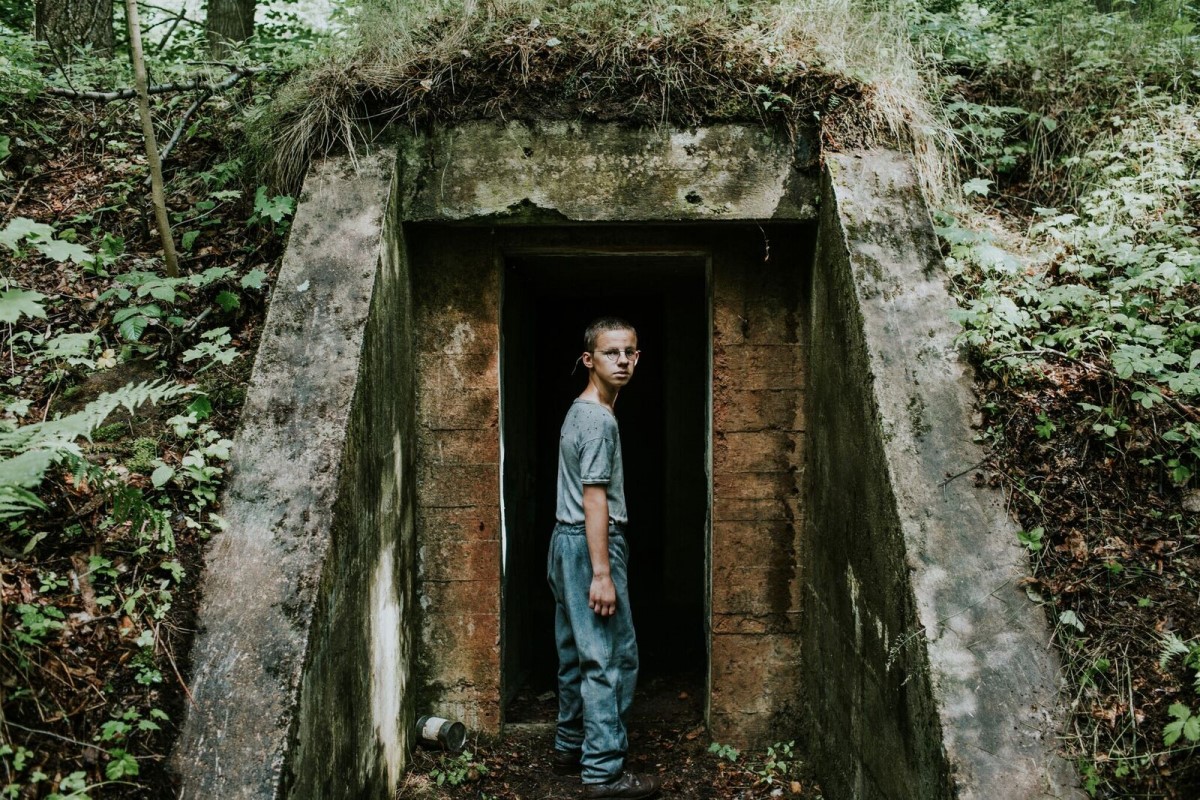What Lies Below
by George Wolf
Eeewww – no 16 year-old girl wants to hear about her Mom’s sexcapades with the new boyfriend!
John (Trey Tucker) is kinda hot, though, and young Liberty (Ema Horvath) has caught herself staring when he traipses around the Adirondacks lake house with his shirt off – which is often.
Mom Michelle (Mena Suvari) is 42 but has told John she’s 35 – and she’s desperate for “Libs” to keep her secret so he doesn’t run off. But John seems like he’s strangely attached to Michelle – or at least to the lake. In fact, as Libs looks closer, there’s plenty about John that’s strange.
He says he’s an “aquatic geneticist” working to preserve fresh water supplies. But man, he’s really interested in parasites, especially ones that can adapt to any host available.
Writer/director Braden R. Duemmler’s feature debut unfolds like a minor league Under the Skin. There’s simmering sexual tension here – some of it metaphorical – amid dreamlike atmospherics and a few glimpses of a creature on the hunt.
Horvath (The Mortuary Collection) is great. Her mix of teenage disgust, confusion and curiosity hits just the right pitch, as does her panicked courage when Lib has to fight for her life (and her Mom’s).
Not every logical building block is water tight, and the sci-fi/horror combo sometimes feels desperately earnest. But the creep factor in What Lies Below holds steady, with Duemmler earning some water-logged points for not copping out at the finish.












